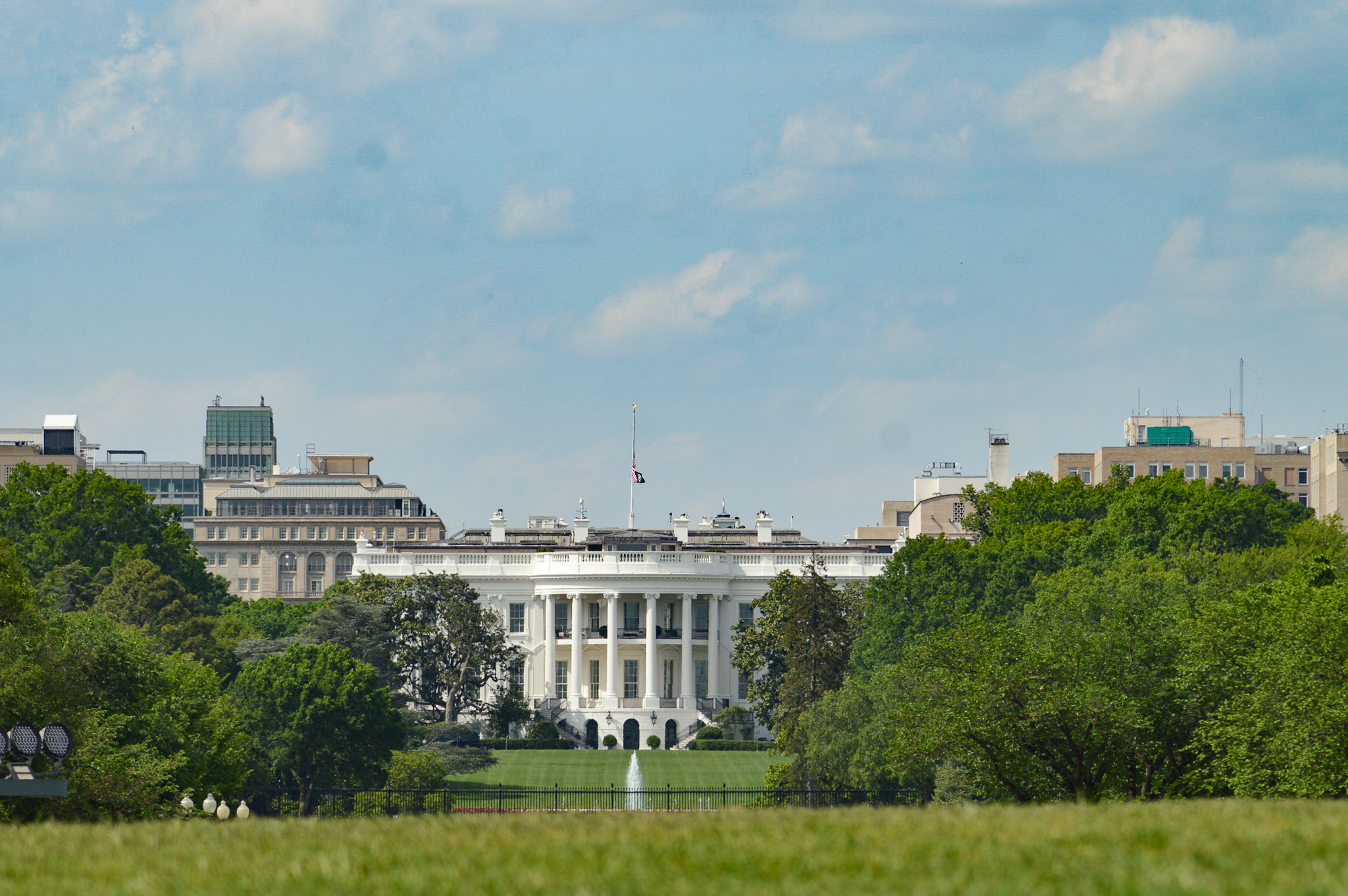Views expressed in opinion columns are the author’s own.
Last Tuesday, I voted for the first time. Getting myself to the polls was difficult — this civic duty of mine felt more like a civic burden.
To say I wasn’t happy with either candidate is an understatement. If I contributed to a Donald Trump victory, I would feel some responsibility for the dangerously racist rhetoric he ignites and his unpredictable, borderline authoritarian nature. If I contributed to a Kamala Harris victory, there is a guarantee of my number one concern remaining, and possibly being amplified: the United States backed and funded genocide in Gaza.
I’ve juggled all possible thoughts in my mind. Is the comfort of my rights worth the sacrifice of one “issue” that violates the inalienable rights of others?
The answer is always a no. Nothing in my mind warrants cheering on a candidate who vows to protect “military objectives” for a country incontestably committing international war crimes. At the same time, turning towards a convicted felon who shamelessly harbors a plethora of -phobias and -isms to bear a solution for peace is laughable.
It’s a lot to hold on my conscience. But I’m not the only college student who feels this way. With the national eye on protests and vigils at institutions such as Columbia University and Big Ten universities — including Michigan and Maryland — I know I’m not alone in my frustration.
When I returned to campus after voting, I wasted no time in reconvening with people who share the same sentiments as me, whether it’s our stances on police and gun violence, women’s rights or our university’s deadly military industrial complex. Together we converse, we grieve and we organize.
It would be naive to think that a presidential candidate’s promises are the end-all and be-all of finding solutions for issues so personal to us. If the American hierarchy is a pyramid, and the president sits toward the top, they rely on the base of citizens and students to remain stable. Historically, universities have been centers of progressive thought and activism — in essence, shaking the foundation.
University president Darryll Pines could tell you all about it, even though you may hear otherwise from him now. When Pines participated in protests against South African apartheid in the 1980s as a student at the University of California, Berkeley, the institution referred to the protests as “disruptive episodes.” The more resistance an idea faces, the more it threatens the stability of what we wish to break free from.
The moment our constitutionally guaranteed right to mobilize is threatened and frowned upon, is the exact time to continue pushing. It means we are on the cusp of change.
In the same light, I am reminded of the divestment meetings that have taken place on campus. There, we can look around the room and beam at the large number of people championing for the same cause that we individually are fighting for, too. Nationally, when thinking about elections, it’s the same thing — we just can’t see everyone.
Mobilizing can manifest in many ways, from taking part in divestment meetings, national protests, participating in sit-ins or educational discussions on campus, engaging in boycotts, or lobbying lawmakers. Any action can count as mobilization if there is some sort of collective action bringing attention to a cause. We have seen this play out at this university through organizations such as its Center for Democracy and Civic Engagement, and student-run organizations such as our Students Demand Action chapter and MaryPIRG.
When we organize locally, we create stronger bonds within our communities, expand our circles, and create direct, tangible impacts that we can see — all of which contributes to a sense of strength and confidence to organize further. Many significant movements in the U.S. began with grassroots efforts, such as the American Indian Movement and the women’s suffrage movement. Local efforts give us momentum and inspire broader campaigns that tackle these same issues on a larger scale.
With a controversial Trump presidency looming, I silence my guilt and culpability by reminding myself that certain unalienable, constitutional, American rights of mine still remain. The one effective tactic in our control is to continue mobilizing, continue disrupting, and continue warranting backlash until we force some degree of change. And, Maryland students, remember: if this institution infringes on your rights, we have a precedent of the court ruling in our favor.
Fatima Masood is a junior government and politics major with an international relations concentration. She can be reached at fmasood1@terpmail.umd.edu.



